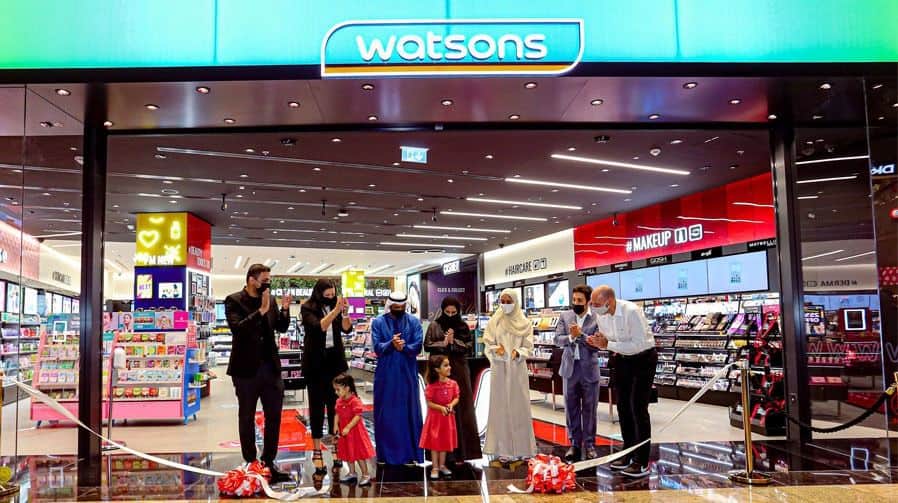Shopping at malls was the favorite pastime for youth and a necessity for families in the UAE and Saudi Arabia for many years.
But COVID-19 has changed all this for the last one and a half years as consumers now prefer online shopping for their daily needs. Even going out for lunches and dinners is done taking all precautions.
So, what will be the future of shopping malls and retailers in this part of the region? It’s a million-dollar question that needs to be answered.
The wholesale and retail sectors have made a significant contribution of 16 percent to Saudi Arabia’s non-oil GDP in 2019 and they have been progressing steadily each year, according to Jadwa Investment.
This should be music to the ears of the administrators in Saudi Arabia, which is making all efforts to reduce its dependence on oil revenues as part of its economic diversification programs.
A surge in online sales
The online retail market in the UAE and Saudi Arabia was $7.5 billion before COVID-19 cases were reported in these nations. This rose to $11 billion by the end of March 2020.
In Dubai, online shopping and e-commerce platforms have been doing good business as residents are avoiding shopping malls in response to COVID-19.
According to a report entitled “Life After COVID-19: Retail” by Dubai Future Foundation (DFF), leading shopping malls like Majid Al Futtaim (MAF) in Dubai, confirmed a surge in online sales (188 percent) in Dubai, with a 59 percent year-on-year increase in online customers in March 2020.
Emaar, a real estate company based in Dubai, has set up a simulated Dubai Mall on the e-commerce giant’s website noon.com for customers to shop virtually at many of the mall’s well-known stores.
To retain its customers, Al-Futtaim ACE recently opened the region’s first digital drive-through shopping experience at Dubai Festival City. Customers can place orders online and visit the mall to pick up their purchases the next day onwards.
Another way to draw the consumers’ attention is to certify the malls as COVID-free zones by the health officials and also offer them tax-free shopping in the malls, the DFF report said.
While Saudi Arabian retailer BinDawood Holding has witnessed a 200 percent increase in its online sales, Majid Al Futtaim recorded a 285 percent rise in online sales during last year.
It is estimated that shoppers will return to the malls once normalcy is restored with the end of the pandemic in a year or two.
Expansion spree
Unmindful of the COVID-19 impacting their businesses, the mall owners are so confident of staying afloat in the business that they are going ahead with their plans to expand their operations.
The UAE’s Majid Al Futtaim which owns and operates 27 shopping malls, 13 hotels and four mixed-use communities, reported a 7 percent year-on-year fall in revenues to $8.88 billion in 2020. The net loss incurred was $730 million in 2020 compared with $520 million in 2019.
Still, the company opened its City Center Al Zahia in Sharjah in March this year and plans are underway to open its Mall of Oman in September 2021. Besides this, the group will be breaking ground for its Mall of Saudi in Riyadh in Q4 2021.
Majid Al Futtaim, which currently operates 21 Carrefour stores across nine cities in Saudi Arabia, also plans to double its store network in the Kingdom by 2025.
Besides the GCC region, Majid Al Futtaim is expanding its global footprint by launching its operations in Kenya, Uganda, and Uzbekistan and plans to scale up its e-commerce operation in Saudi Arabia.
Majid Al Futtaim – Cinemas also plans to open 30 VOX Cinemas in Saudi Arabia this year.
The Al-Waleed Investment Group constructed a new market place ‘Meyan Mall’ near Burj Al Arab in April this year.
The mall contains 44 stores of various sizes and the units have been handed over to tenants who represent a diverse line of local and international brands.
Tenants have begun implementing the interior designs of their respective units. It is expected that the mall will open its doors to visitors at the beginning of April 2022, the group said.








